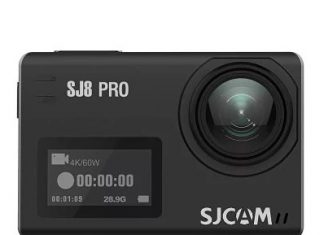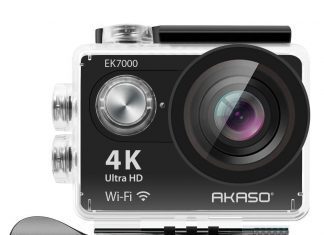The online advertising market is booming, but so are those who want to abuse it. Every year invalid ad traffic generates enormous losses for unsuspecting businesses.
Too often, marketers spend money on ads that are never seen by real users. With Ad verification, you can reclaim control over your advertising budget.
Ad Verification
Ad verification is a practice of reviewing whether ads are displayed as intended. It includes analyzing the context and audience of the ad. The advertiser might misplace the ad on a website, or the website itself might not be a good fit. They also might show it in irrelevant locations or to the wrong devices.
Ad verification ensures you get what you paid for by bringing transparency in the ad placement. It’s possible because of verification tags (or beacons) in the ad markup. Markup (or ad slot) is the code that communicates with the domain website and allows the ad to be displayed on a page.
Beacons allow one to follow the ad and know exactly where it’s displayed. With this information, you can decide whether the context and audience are appropriate. But that’s not all. Beacons can also send back data about the performance of the ad. How many clicks and views (or impressions) does it generate.
It’s possible to combine the ad performance data with other metrics. Costs and conversion rates are the most common here. Together they give a complete view of the whole marketing campaign. You should generate ad verification reports frequently and give them to an impartial third party. Typically, the verification vendor is working separately from the advertiser.
All that was said so far applies to an after-the-fact performance review. But beacons can allow us to take some action in advance also. As the location of your ads is always known, you can block them from certain websites. The choice depends on the context and audience conditions of your campaign. Also, ad verification will allow you to blacklist websites that are fraudulent or low on visibility.
Ad Data
Serious effort in ad verification requires a large amount of data. You can’t just track a few of your ads and be done with it. Data must be complete, so you would be sure you have the whole picture. Usually, marketers and firms gather the data automatically.
However, it’s a challenging task without the right tools. Websites take various measures to prevent the activity of automated bots. They rightfully do so because a lot of malicious activity is taking place on the internet. Websites have to defend themselves.
But for those of us with the right intentions gathering data gets difficult. SERPMaster has an affordable solution to make it easier. Their web scrapers and proxies allow you to solve CAPTCHAs and change locations. So, you can easily get data and verify your ads quickly and effectively.
SERPMaster will take care of the technical side. Don’t bother yourself by worrying about bans or the accessibility of the data. Focus on what’s important – analyzing and cutting costs. You can even try it out for free before buying. A trial of 250 requests per month is available now.
The Importance of Ad Verification
The benefits of ad verification are twofold. Both advertisers and publishers can gain much from it. Advertisers control their marketing spending. They can know exactly where their money is used and whether it’s misused.
Ad verification brings accountability to the publisher-advertiser relationship. With clear metrics, you can always check whether your contract is fulfilled. The success of the whole marketing campaign can rest on this.
For publishers, it provides control over the ads on their websites. Location, browser settings, and the device can impact the visibility of ads. For this reason, it’s hard to keep track of them all without ad verification.
Ad verification ensures the website’s safety. It minimizes the risk of running fraudulent ads. This way, trust for advertisers is nourished as there is an impartial way to check the quality of ads at any time.
We could also argue that ad verification is a practice that betters the quality of the internet as a whole. It minimizes possibilities for fraudsters to have sources of income from Invalid ad traffic. Malicious ad content negatively impacts the trust of users. Such distrust can lead to less innovative and more closed internet. Ad verification is helpful while managing this risk.
Conclusion
Ad verification is a practice that’s getting up to speed in the online advertising world. And it’s easy to see why. It’s a practice that makes online advertising safe, transparent, and accountable for all parties. Anyone serious about his brand’s or website’s reputation should use ad verification. I’m sure you are serious about this too.










![[Buy Now] Anycubic PHOTON Complete 3D Printer Review ‘Offer’ Price Anycubic PHOTON](https://www.techinpost.com/wp-content/uploads/2018/02/2018-02-19_151248-324x235.png)
